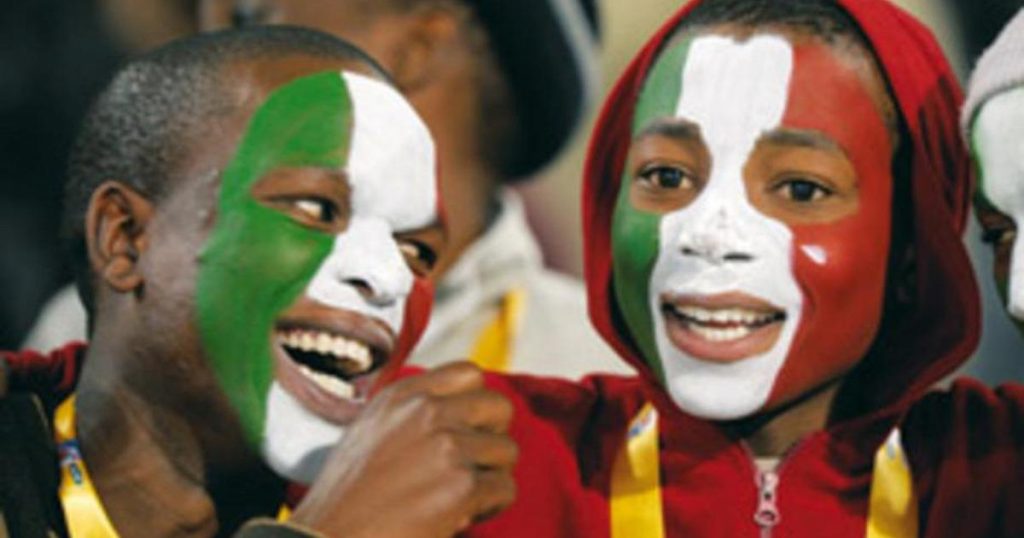The vandalism of the mural dedicated to Paola Egonu by street artist Laika has sparked a debate on the topic of citizenship in Italy. The incident, along with a photo showing the multiculturalism of Italian Olympians, has brought attention to the issue of what constitutes Italian identity. This incident has reignited discussions on citizenship laws, with some politicians advocating for changes to the current law, which requires a foreigner to have resided legally in Italy until the age of 18 to become a citizen. The Democratic Party supports a model of citizenship based on jus soli, which grants citizenship to those born on Italian soil.
Several opposition parties also support changing the citizenship law towards jus soli. +Europa is working on a referendum to amend the existing law, with the aim of recognizing second-generation immigrants as Italian citizens. However, the center-right parties have rejected the idea of jus soli, arguing that it is unnecessary and could encourage illegal immigration. Forza Italia and the League maintain their opposition to a change in citizenship laws, while Fratelli d’Italia suggests considering other options such as jus scholae, which would require a ten-year school path to obtain citizenship.
The Five Star Movement and Italia Viva have differing views on citizenship reform, with the former proposing a five-year education path for citizenship acquisition (ius scholae) and the latter supporting jus scholae as well. The Five Star Movement has recently shown some openness to jus soli, while Italia Viva has historically supported jus scholae. Despite differing opinions on the specifics of citizenship laws, there is a potential for convergence among various parties on this issue in the future. The discussion on citizenship reforms has become a relevant topic in Italian politics, especially in the wake of the Olympic Games that have showcased Italy’s multicultural identity.
The debate on citizenship in Italy is not only about legal technicalities but also about societal values and inclusivity. The presence of second-generation immigrants competing for Italy in the Olympics highlights the diversity of Italian identity. The discussion around citizenship laws is still ongoing, with various political parties presenting different proposals to update the current legislation. It remains to be seen whether there will be consensus among the different political factions on how to move forward with citizenship reforms. The incident involving the vandalized mural has brought attention to these issues, sparking a national conversation on what it means to be Italian in a multicultural society.


